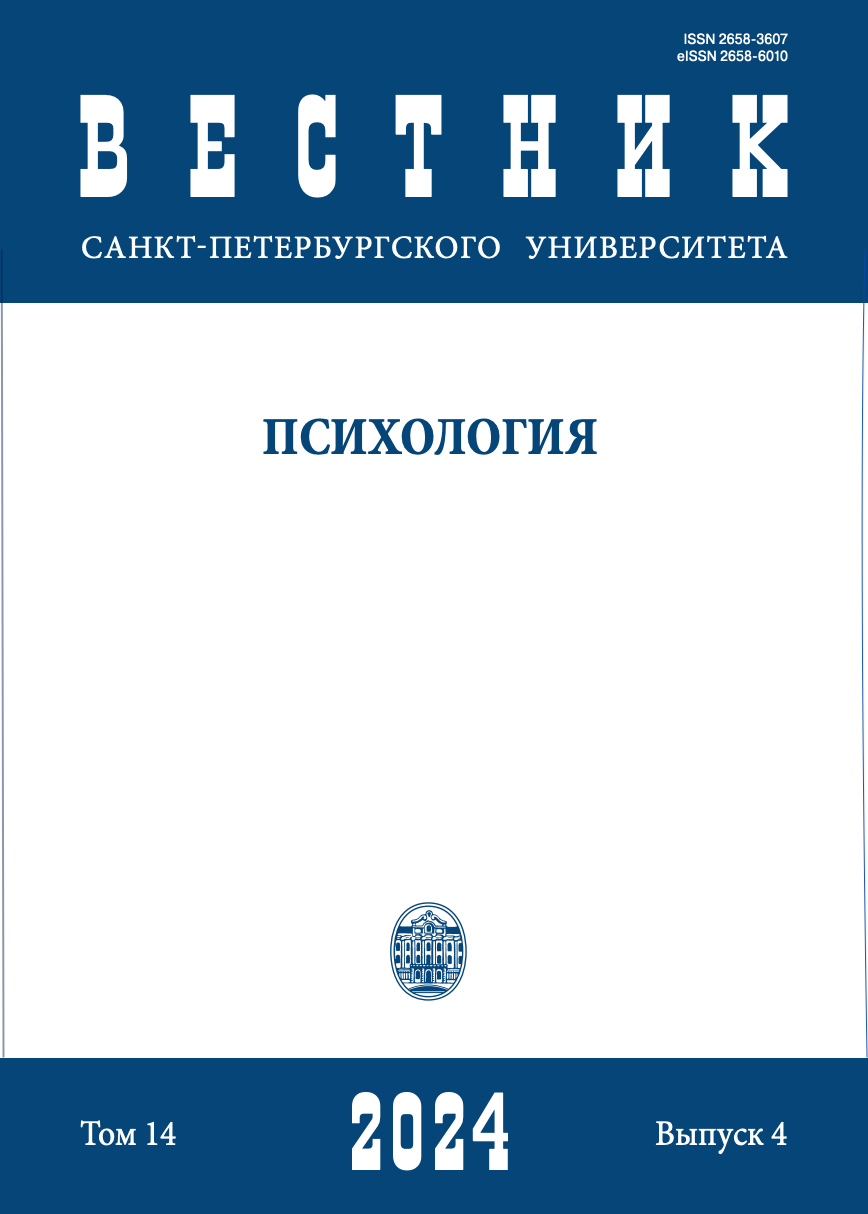Motivation for Success: perfectionism and procrastination in adults learning at professional training programs case (In English)
DOI:
https://doi.org/10.21638/spbu16.2024.410Abstract
Lifelong learning nowadays is becoming more and more popular concept researched into in numerous studies as the demand for education among working adults, employers and society in general has grown dramatically. However, the investigations of the phenomena of procrastination and perfectionism in the context of motivation for learning among adult learners involved in professional development programs and/or postgraduate non-degree courses are far from being abundant. The presented study aimed to explore the motivation for success in the context of perfectionism and procrastination among adult learners attending professional development courses. The sample consisted of 105 individuals (adults with university degrees aged 21 to 53, average age — 38 years). The questionnaires A. A. Rean’s “Motivation for Success and Fear of Failure”, adaptation of Procrastination Scale by P. Steel (adaptation: N. M. Klepikova and I. N. Kormacheva), and Three-Factor Perfectionism Questionnaire (N. G. Garanyan and A. B. Kholmogorova) were employed to measure motivation for success and fear of failure, procrastination and perfectionism. To process the data obtained, statistical and mathematical methods were applied. The study revealed negative correlation between motivational orientations towards success and the level of procrastination and maladaptive manifestations of perfectionism (concern for others’ evaluations; negative selection). Positive correlations were found between maladaptive parameters of perfectionism (concern for others’ evaluations and negative selection) and procrastination. The study results also demonstrated the multi-motivational nature of educational motivation among adult learners. The results of the study are of great practical relevance for educationalists involved in designing studying programs.
Keywords:
procrastination, perfectionism, adult learning motivation, success motivation
Downloads
References
References
Downloads
Published
How to Cite
Issue
Section
License
Articles of "Vestnik of Saint Petersburg University. Psychology" are open access distributed under the terms of the License Agreement with Saint Petersburg State University, which permits to the authors unrestricted distribution and self-archiving free of charge.




